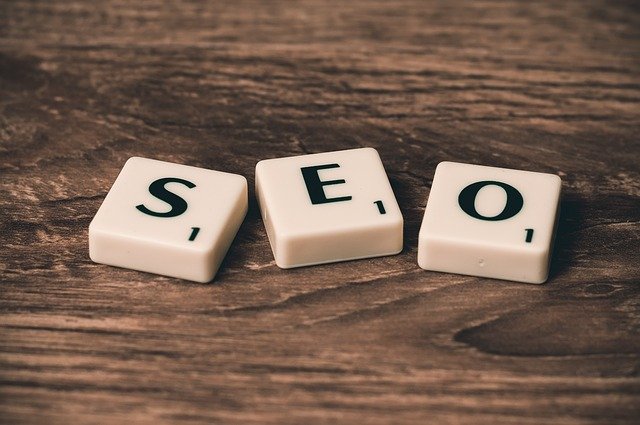Why is Important SEO?

keywords
Gone are the days when keywords were the only SEO technique that mattered, but that doesn’t mean they aren’t important yet. The difference is that today, in order to be effective keywords must be well researched, chosen carefully, and used judiciously in your content. But what are keywords, exactly? Keywords are words and phrases that prospects use to find content online, and brands can then use to connect with prospects who are looking for their products and services.
When researching keywords, it is important to look for keywords with high search rates and low competition and to choose short-tail keywords (such as a dog), long-tail keywords (such as terrier puppies for sale), and local keywords (such as that puppies for sale in Boston) to work in their stuff. You can use keywords to optimize all of your titles, URLs, and other on-page SEO elements (more on that later).
Material
Content is an important part of SEO because it is the vehicle you use to reach and engage audiences. For example, if you have a nursery and want to increase your visibility, you can publish a series of blogs about gardening, choosing the right species of plants, growing tips, and more. When someone who wanted to know about gardening went looking for that information, your blog would pop up, and you would be able to make a connection with that prospect by providing valuable information. When it came time to buy a plant for that prospect, for example, you would be the first nursery that came to mind.
On-Page SEO
web page content
Video
blog
article information
podcast
e-books
social media post
local listing
off-page SEO
Off-page SEO involves external optimization practices that take place off your site and not on it. The main technique used for off-page SEO is backlink building because quality backlinks to your site from external sites tell search engines that your site is valuable and of high quality, and this builds authority.
There are many strategies for backlink building, and some current best practices include guest blogging, creating lots of infographics that will be shared highly, and mentioning influencers in your content.
local SEO
These days, 67% of all searches are done from tablets and smartphones, and half of those searches are aimed locally.
For example, if you have a restaurant, local SEO will ensure that people in your area come to your site when they go looking for the best restaurants in town. As well as using local keywords, other local SEO best practices include claiming directory listings, creating location-specific pages for your site, and creating pages for your business on Google My Business, Google+, and Google Maps.
Search tool marketing
Search engine marketing (SEM) refers to paid marketing efforts and includes native advertising, Google AdWords, social media ads, pay-per-click, Google Shopping ads, display ads, and more.
Although SEM is usually not a key component of a comprehensive SEO strategy, it has its place as it can help you reach a new and highly targeted audience.




